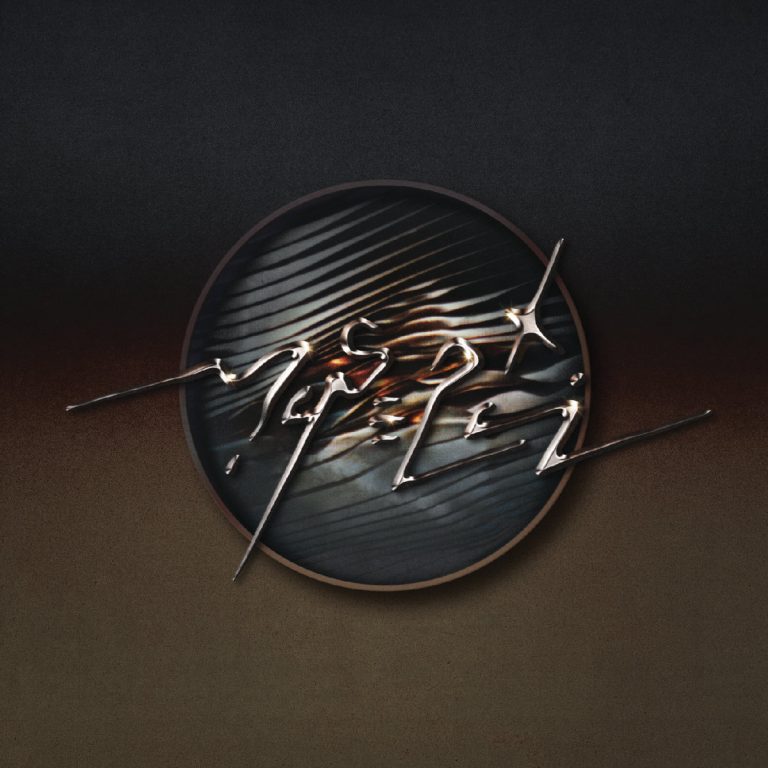On their seventh studio album, Enter The Mirror, Maserati have produced a partially exhilarating record which falls somewhere between Holy Fuck and aspects of Toto’s Dune soundtrack. These references may seem disparate, but they’re just two of a plethora that are evident in listening.
The album opens with the track “2020” that, unlike the year it’s named after, isn’t some sort of fissured schism in reality. Seriously, what the hell is going on? Is anyone looking into the role of the Large Hadron Collider and how we may have unknowingly slipped into the wrong space-time continuum since Prince’s/Bowie’s/Lemmy’s [delete as applicable] demise? Somebody should.
Anyway, Maserati start Enter the Mirror with drawn out synth lines, the sort that are at once soothing in their tone yet too acerbic in their pitch. We’re in 1980s sci-fi territory here, as washes of sound create a crescendo and sense of anticipation before a four-to-the-floor beat kicks in toward the end of the track, which is over almost before it begins. It’s the album’s prelude and segues perfectly into “A Warning in the Dark”, which uses Kraftwerk-esque robotic vocals over jittery arpeggios and reverb-soaked guitars that have more than a hint of INXS about them.
There’s not much wrong with wearing your influences on your sleeves as an artistic statement, but it can be a little wearisome for the culturally competent listener who spends a lot of their time unpicking and identifying the origins of the sounds rather than being totally immersed by the songs. Here, Maserati don’t so much hint at the influences as smack you between the ears with them, giving a degree of contrivance to the whole affair.
For an album as rich in texture as Enter The Mirror this is a shame, as the influences are much more than just nods or seals of intertextual approval and homage, but they often weigh down the music. In the same way that if you don’t know who Tears for Fears are then you could believe The 1975 to be wonderful songwriters, if the audience for Maserati’s music are entirely unaware of the sounds they are aping and relying upon then perhaps such things won’t serve as too much of an obstacle to full engagement and enjoyment.
Third track “Killing Time” is a belter. Spiralling guitar lines descend while the drums are beaten to within an inch of their lives. Producer John Congleton’s warm mix stands in contrast to the cold, machine-infused vocals and synths on the track, and it’s in the contrast between organic and inorganic, and the balance between the two, that the record comes into its own. It’s the first track on the album that doesn’t overtly and intrusively remind you of another record or band and that is a welcome relief.
The middle section of the record, from “Killing Time” to “Welcome to the Other Side”, is an exuberant rush with musical peaks a-plenty; each song is more dynamic and joyous than its immediate predecessor. Every song here builds to a euphoric crescendo, and it’s to Maserati’s credit that they can sustain this energy and elevate the listener. There is no playing around here – no nods to others and no need for a bricolage approach to songwriting.
Album closer “Wallwalker” is decent enough, but it also returns to Maserati’s tendency to sound like other bands, in this case the opening synth lines being too reminiscent of the intro to Queen’s “Radio Gaga” – which is a truly terrible, terrible song. Truly.
It’s a significant blemish for sure, and to be fair to Maserati they partially get out of that particular quagmire in the remainder of “Wallwalker”, which is quite an achievement in itself. By the halfway point of the eight-minute song a vocal sample enters the fray and we shift to techno territory, which is unexpected on an album laced with few genuine moments such as this. But, ultimately, “Wallwalker” does not reach the heights attained in the middle section of the album, leading to an unsatisfying denouement.
Overall, Enter the Mirror is an energetic and propulsive album that is emotionally stirring in places, but a little too sterile and anodyne in others. There is a feeling of contrivance in some of the songs here, but genuine joy and abandonment elsewhere.

